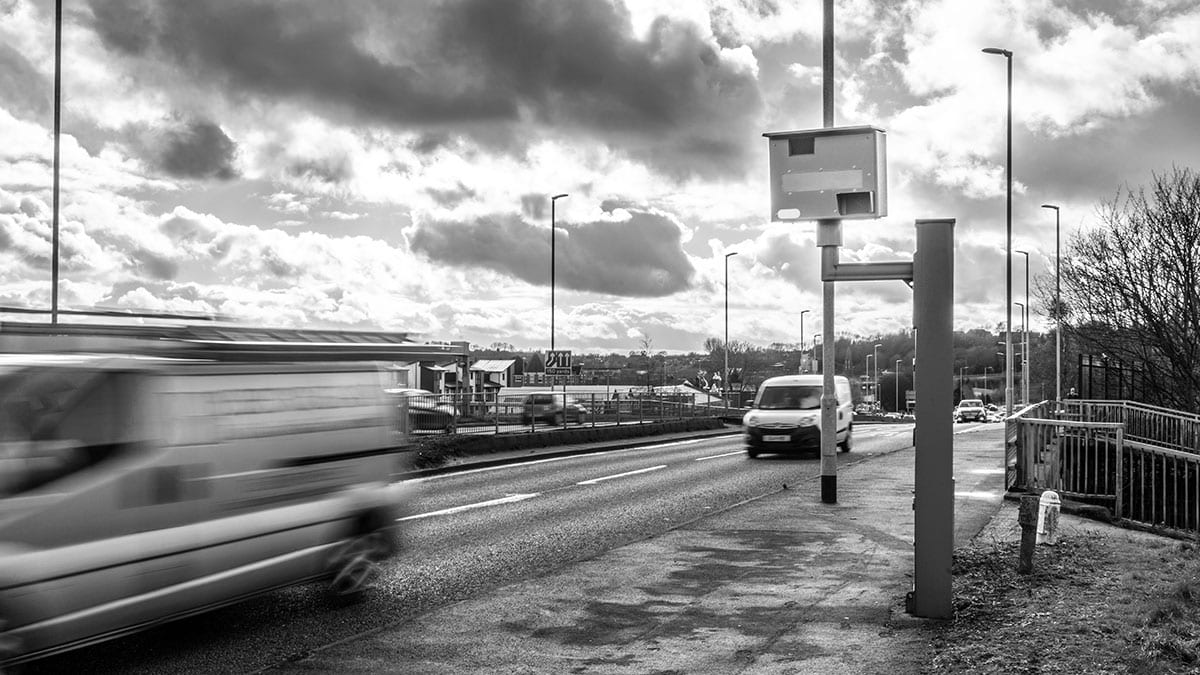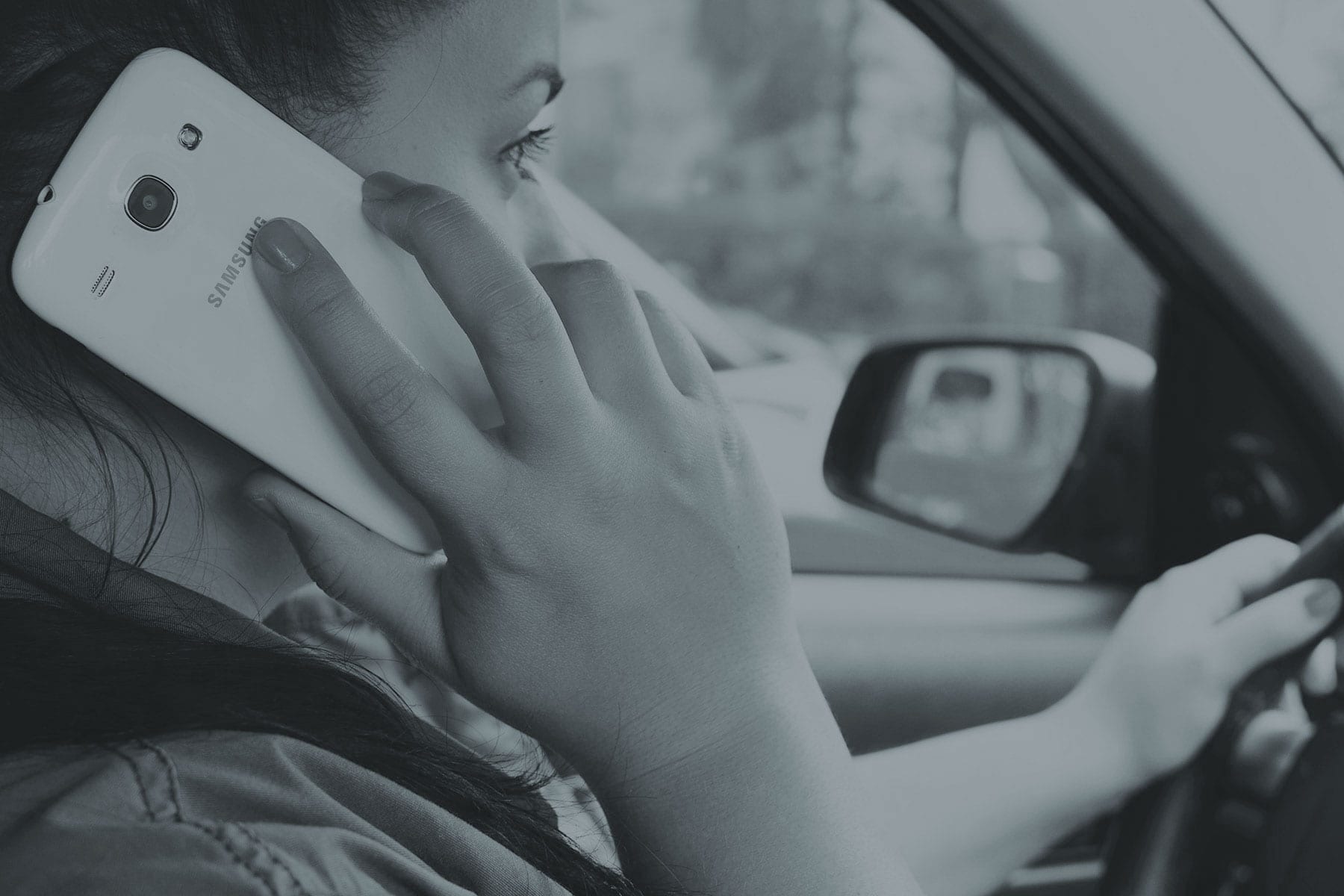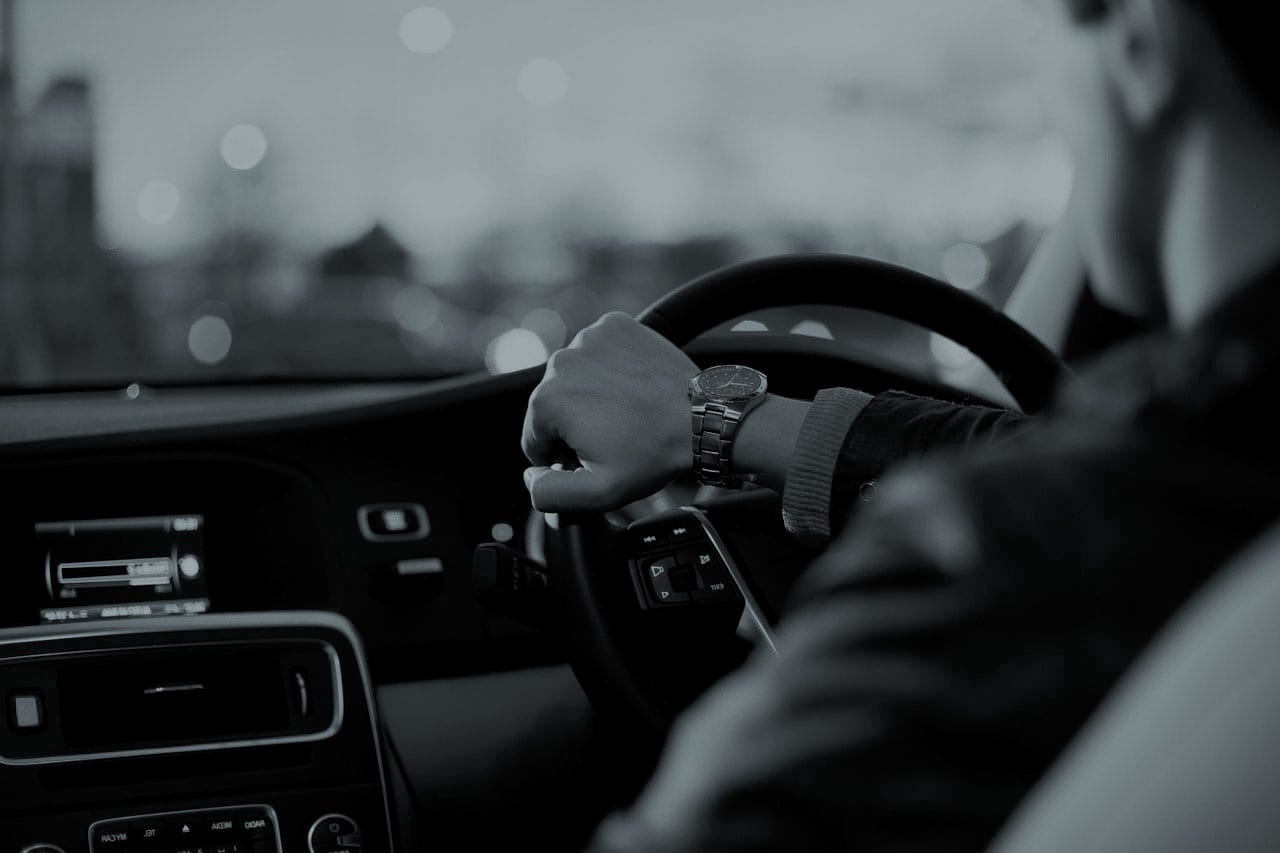Failure to provide a specimen on request of a police officer is an offence under Section 7 of the Road Traffic Act 1988.
If you are suspected by police of driving whilst over legal alcohol or drug limits, police will require you to provide breath, blood or urine specimens for analysis. You cannot refuse this request unless you have a ‘reasonable excuse’. There is no definition of what constitutes a reasonable excuse but in most cases this means a medical condition, supported by a medical professional, that prevents you providing a sample. You cannot refuse on religious grounds or because you are waiting to speak to a solicitor.
You may also be charged with this offence if you refuse, but then change your mind.
Penalties for refusing to provide a specimen can be severe including up to 26 weeks imprisonment.
If a police officer requests a sample, your best course of action is always to comply.
If police have stopped you incorrectly, treated you unfairly, or used their powers incorrectly, we can highlight this as part of a defence strategy to have the charges against you dropped.
Even if you feel the sample request is unjust, refusing to comply will only add another charge against you.
Police Process for drink or drug driving
After stopping you, Police will conduct a roadside breath test in most circumstances if they have reasonable suspicion that you are under the influence of alcohol. They may also ask you to undertake other roadside sobriety tests as well.
Reasonable suspicion could include that you have been driving erratically, the officer smells alcohol on your breath, you appear as if you have red eyes, you are speaking incoherently, or you admit you have been drinking. In reality, there are many factors that could contribute to police having reasonable suspicion that a drink or drug driving offence has been committed.
If this breath test shows you to be above legal limits, you will then be taken to a police station where you will need to complete a second breath test (or in some cases blood or urine tests). It is this second, ‘evidentiary’ test that can be used as evidence against you in a future prosecution.
Penalties
Refusing to provide a specimen can be treated very seriously by the courts.
The seriousness of an offence is judged based on factors relating to culpability and harm. Harm will be seen as higher the more impaired a driver was. Culpability increases based on whether the refusal was deliberate or whether it was in error. Other factors that increase seriousness include driving in bad weather, driving in a pedestrianised area, near a school or carrying passengers, evidence of an unacceptable standard of driving or driving and HGV, LGV or PSV.
The starting point for sentencing for cases where both culpability and harm are high is 12 weeks imprisonment however effective mitigation may be able to reduce this sentence to a community order.
For less serious offences, penalties are more likely to involve community orders or fines.
Refusing to provide a specimen carries a mandatory driving ban of a minimum length of 12 months. For the most serious offences, bans can be as much as 36 months in length and, if this offence is the second within a 10 year period, the ban can be extended to 60 months.
Call an experienced motoring lawyer now on 3330 096 275.
Defending failure to provide specimen cases
Do not refuse – Our first advice to motorists is never refuse to provide a sample unless it is on reasonable medical grounds.
Reasonable grounds – Most defences in these cases rely on proving that the motorist has a legitimate medical reason for refusing to provide a sample. For example, Asthma, may provide a legitimate medical reason for not providing a sample. We can highlight medical reasons for failure to provide a sample as part of a successful defence case.
Police process – Police are required to follow a clearly defined process in dealing with drink driving offences. We will examine whether the police took the steps required in order to ensure your legal rights were enforced in their dealings with you.
Mitigation – Where we take the decision to make a guilty plea, we will focus on mitigation. We can highlight your good character, lack of convictions, remorse or any medical conditions or emergencies that might have impacted your actions. All of these factors if highlighted could help to lessen the penalties applied by courts.



